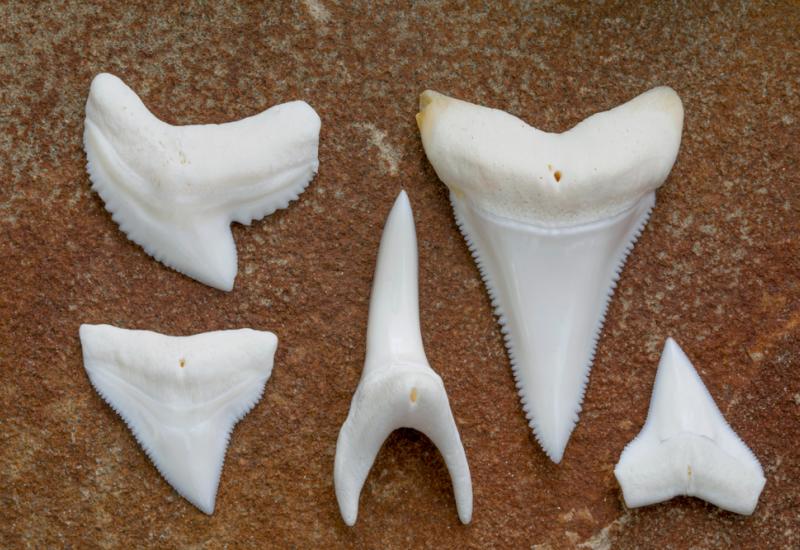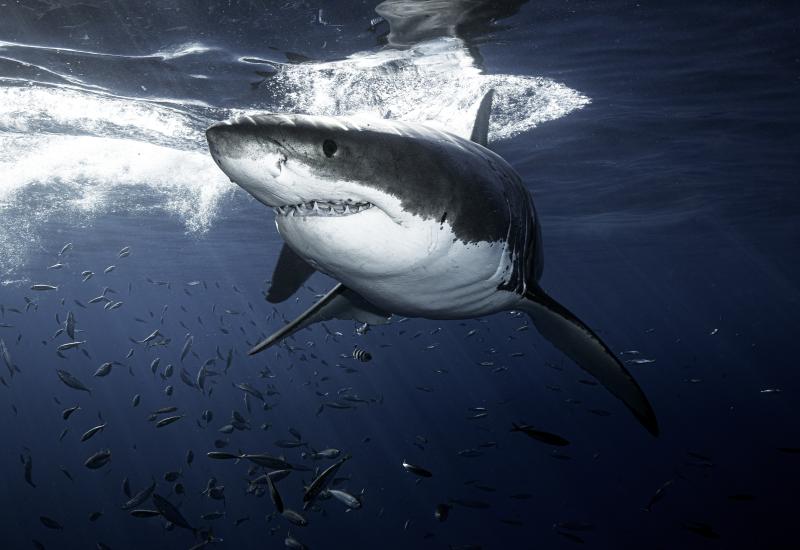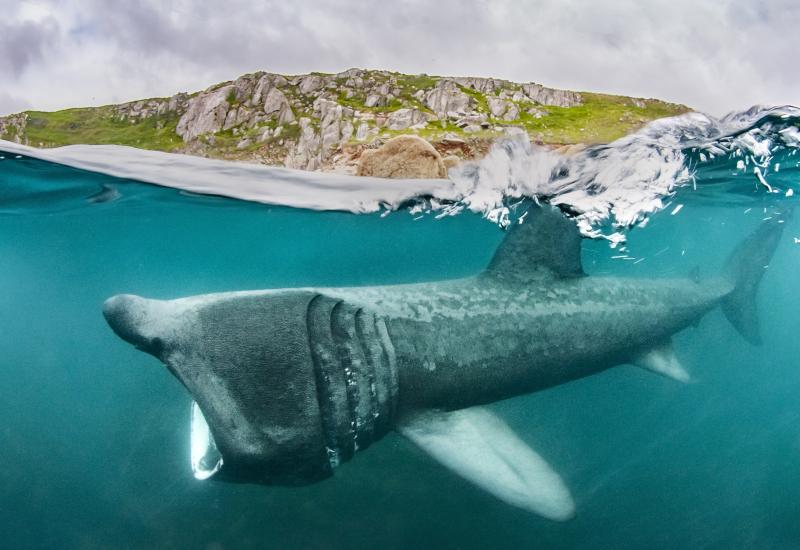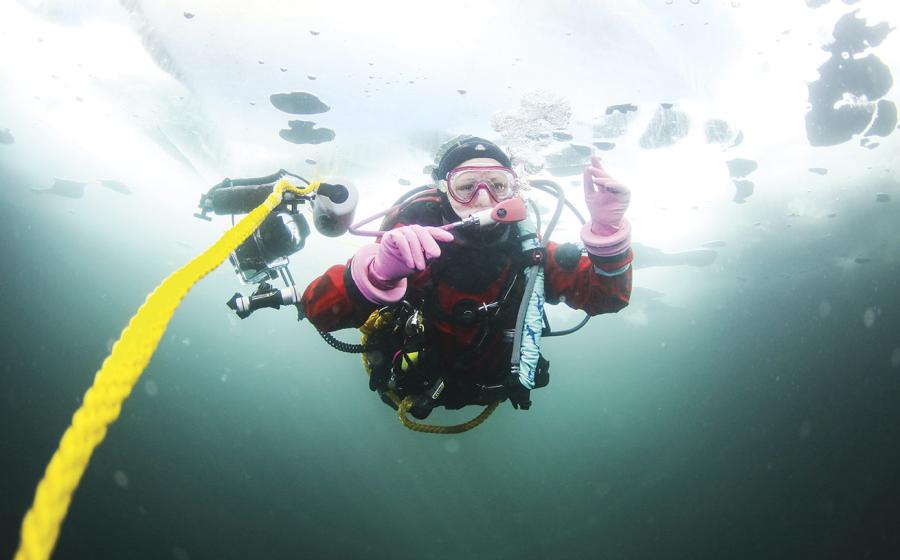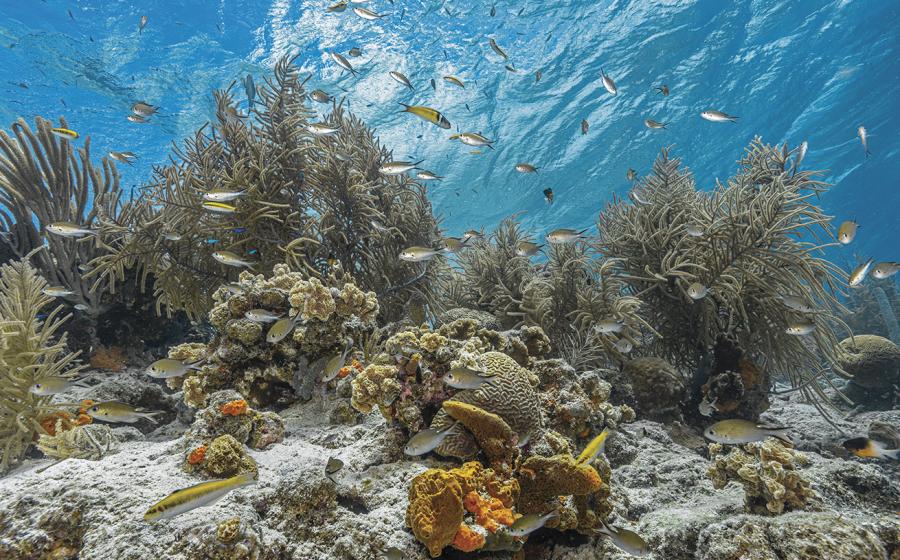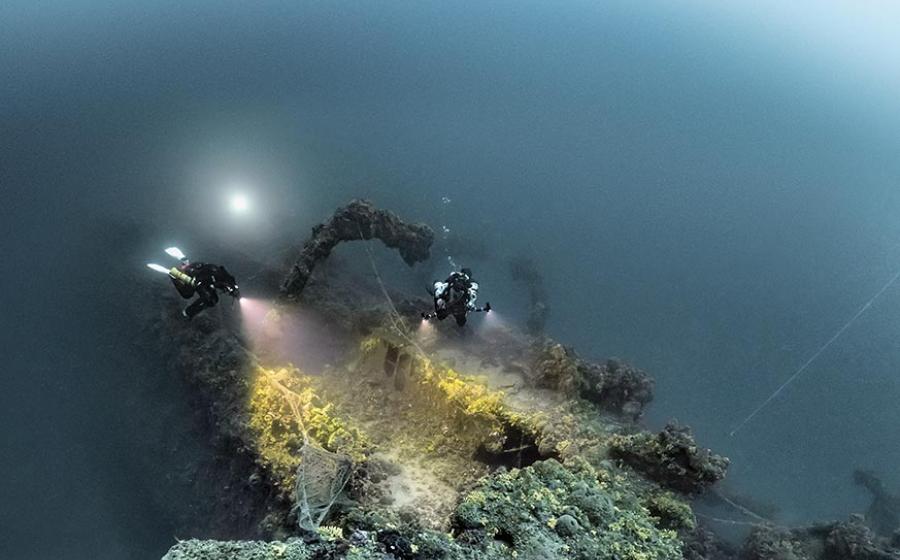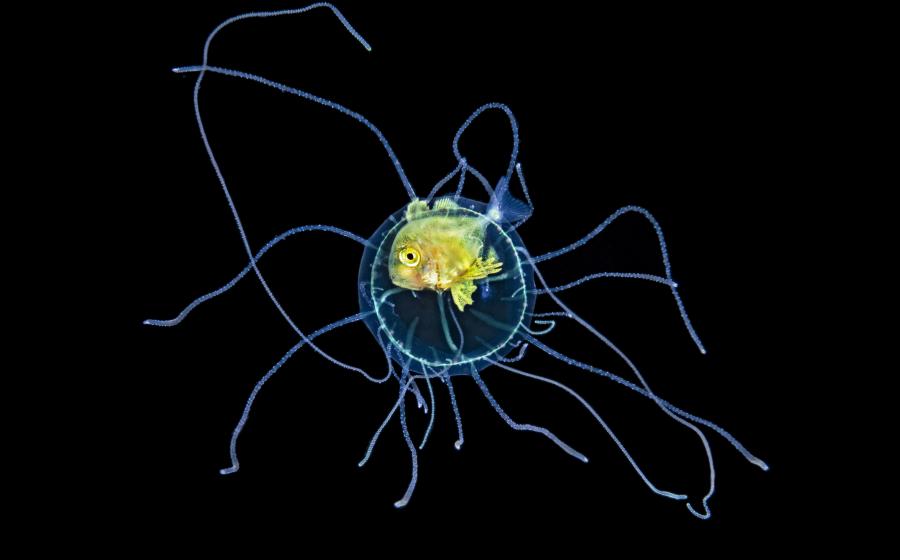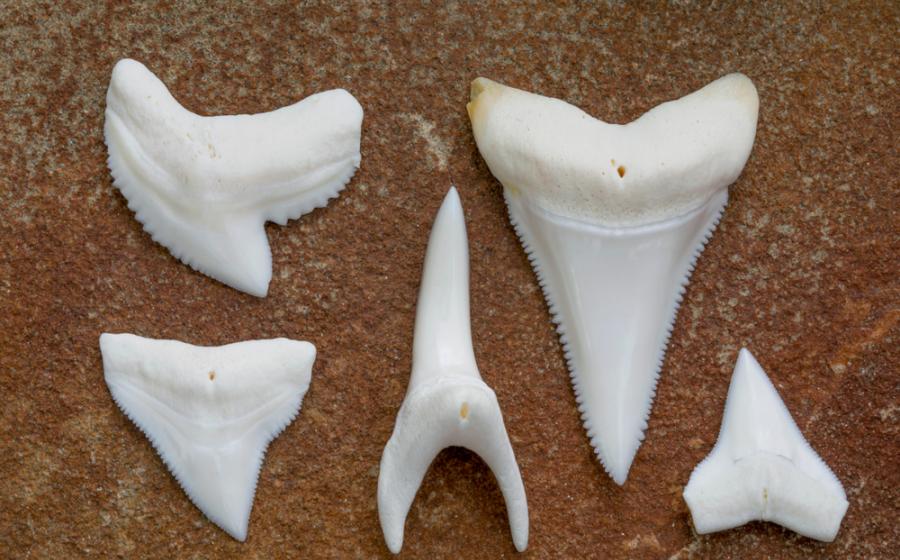How Scuba Divers Are Helping to Save the Critically Endangered Angel Shark
Michael J Sealey, courtesy Angel Shark ProjectDivers help look for Angel Sharks.
Angel sharks don’t look or act like typical sharks. Their bodies are flat, which allows them to disappear under the sand—sometimes in waters as shallow as 3 feet or less—and wait for prey to swim right in front of their mouths. Different species of angel sharks are found in temperate coastal waters around the world. The Critically Endangered species that the angel shark project focuses on are largely in Europe and North Africa, including the Mediterranean. There are even some species found in U.S. waters.
Unfortunately, their unique biology and behavior contribute to several species of angel sharks being assessed as Critically Endangered by the International Union for Conservation of Nature.
“That means that not only are they threatened by overfishing, but by lots of other human impacts and coastal habitat changes,” says Eva Meyers, co-founder and co-lead of the Angel Shark Project. These amazing animals need our help, and that’s why the Angel Shark Project and the larger Angel Shark Conservation Network were created.
The project is based on three pillars, all of which stress involving stakeholders. One is research that informs conservation. The second is advocating for conservation policies needed to protect these animals. And the third is community engagement, especially with the diving community. In fact, the Angel Shark Project was founded because scuba divers in the Canary Islands were reporting on social media that they were regularly seeing angel sharks. At the time, the islands were thought to be the last stronghold of angel sharks in the world—now we know there are a few more places with relatively healthy populations.
Related Reading: Do Sharks Behave Differently at Night?
Michael J Sealey, courtesy Angel Shark ProjectAn angel shark leaving the seafloor.
Divers play a crucial role in collecting data
Before the project became involved, there was no organized way for divers to contribute data usefully to science or conservation. Now, the project operates a sightings map, which allows any diver anywhere in the world to note where they saw an angel shark Over 1,000 sightings have been reported through the Angel Shark Sighting Map, helping to shape conservation and management of these animals throughout large parts of their ranges.
Dive centers in the Canary Islands also host “Count the Angels” days, where divers conduct a census of angel sharks in an organized, systematic way, contributing to scientific data gathering. The project has expanded and now operates in six countries around the Mediterranean Sea and Atlantic Ocean, with collaborators through the umbrella Angel Shark Conservation Network operating in even more.
They’ve already had some success with this model. “Our proudest moment was getting angel sharks protected in Spain, home of the Canary Islands ,” says Meyers. “Getting that protection in one of the last strongholds was a major step, and it’s influenced all of our other work elsewhere.”
Divers interested in learning more about the Angel Shark Project and how to help can follow the project on social media (Twitter, Facebook, Instagram), participate in #AngelSharkDay every year on June 26, or sign up for its newsletter.

Courtesy David ShiffmanDavid Shiffman
Dr. David Shiffman is a marine conservation biologist specializing in the ecology and conservation of sharks. An award-winning public science educator, David has spoken to thousands of people around the world about marine biology and conservation and has bylines with the Washington Post, Scientific American, New Scientist, Gizmodo and more. Follow him on @WhySharksMatter on Twitter, Facebook and Instagram, where he’s always happy to answer any questions about sharks.
The views expressed in this article are those of David Shiffman, and not necessarily the views Scuba Diving magazine.

